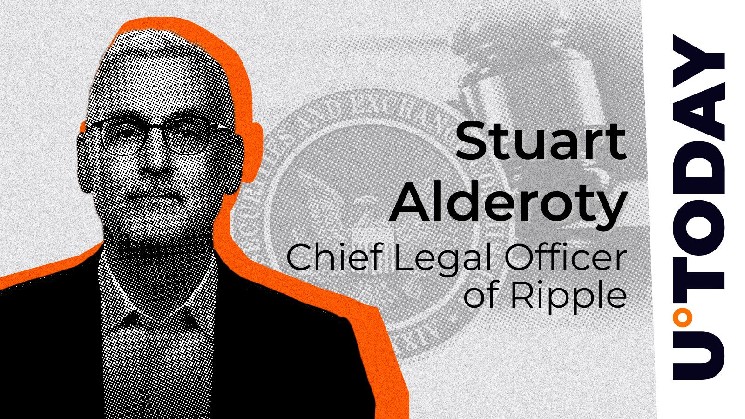Ripple’s Chief Legal Officer (CLO), Stuart Alderoty, recently shared his insights on why the U.S. Securities and Exchange Commission (SEC) dropped its legal appeal against the company in March 2025. In a video for Ripple’s Crypto in One Minute series on X, Alderoty explained the implications of this legal victory.
For years, Ripple had been embroiled in a legal battle with the SEC over whether the cryptocurrency XRP should be classified as a security. The outcome of this case was closely monitored by the crypto market, as it was seen as a pivotal moment in how the U.S. would regulate the digital asset industry. Initially, the SEC alleged that Ripple had sold XRP as an unregistered security.
However, a series of legal wins turned the tide in Ripple’s favor, culminating in the SEC’s decision to abandon its appeal earlier this year. Alderoty believes that this move signifies a positive shift in how the U.S. approaches crypto regulation. He stated that the legal case has provided much-needed clarity on XRP for the market, making it counterproductive for the SEC to continue with the appeal.
Alderoty also outlined four key principles that he believes should guide future policies on crypto regulation: supporting innovation, safeguarding markets, combating bad actors, and protecting consumers. These principles signal a more balanced regulatory approach that fosters growth in the crypto industry without relying on outdated financial models.
The SEC’s decision not to pursue further legal action has been viewed as a significant win for Ripple and a promising development for the broader blockchain ecosystem. Experts suggest that this move could pave the way for U.S. policymakers to establish clear and thoughtful rules to support cryptocurrencies and blockchain technology.
In light of recent rumors circulating on social media, it is important to note that there is no truth to the speculation that Ripple plans to acquire USDC stablecoin issuer Circle for $20 billion. As Ripple continues to navigate the regulatory landscape, its legal victory against the SEC serves as a beacon of hope for the future of the crypto industry.

